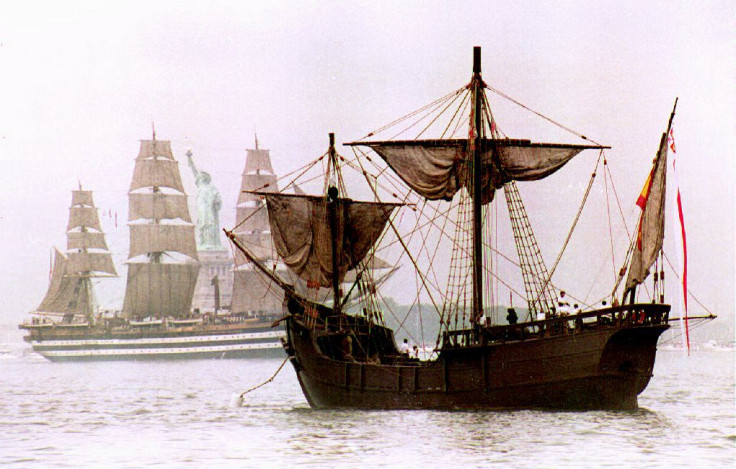European colonisation of Americas infected native people with vicious stomach-ulcer bacteria
The spread of new strains of H. pylori to the Americas may be behind high mortality rates of stomach cancer in the region today.

Alien strains of the bacteria that causes stomach ulcers – H. pylori – were introduced to North, Central and South America during the European colonisation of the Americas, with health impacts still felt today, a genetic study on the bacterium finds.
The arrival of the European conquistadors in the Americas in the 15th Century led to a series of plagues and epidemics that decimated the native populations of the continent. Some of the bacteria that the Europeans brought – either directly or indirectly via the African slave trade – has been linked to increased risk of stomach cancer in modern Latin America.
An analysis of 401 strains of H. pylori found in the Americas today have been traced back to their origins, published in a paper in the journal PLOS Genetics. These include native strains as well as ones of European and African origin.
The findings show rampant spread and evolution of the bacteria after Christopher Colombus' arrival on the continent.
"H. pylori has often been described as a pathogen which is mostly passed from parent to child. Our study shows that in the Americas its evolution has been much more dynamic," said study author Daniel Falush of the University of Bath in a statement.
The bacterial strains can persist for decades in the stomach, causing ulcers and increasing the risk of developing stomach cancer. The bacteria weren't just passed from parent to child, but were spread rapidly among the populations of the Americas.
In Colombia, an entirely distinct strain of bacteria formed from a European source genetically intermingling with bacteria of native origin. In Nicaragua another distinct strain emerged from North American and African sources.

"Native American strains have been largely outcompeted. Bacteria of African origin seem to have done particularly well, hybridising with strains of European origin and forming distinct new sub-populations, adapted to local conditions, in North, Central and South America," said Falush.
Previous research has shown that strains from other continental origins are more likely to cause cancer than those from the native continent. The rapid spread and intermixing of H. pylori strains in the historic colonisation of the Americas may therefore play a role in the prevalence of stomach cancer in Latin America, where some countries have some of the highest mortality rates from the disease in the world.
© Copyright IBTimes 2025. All rights reserved.






















